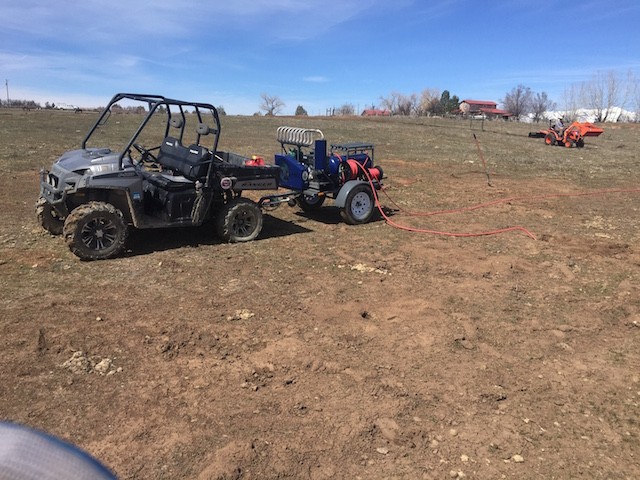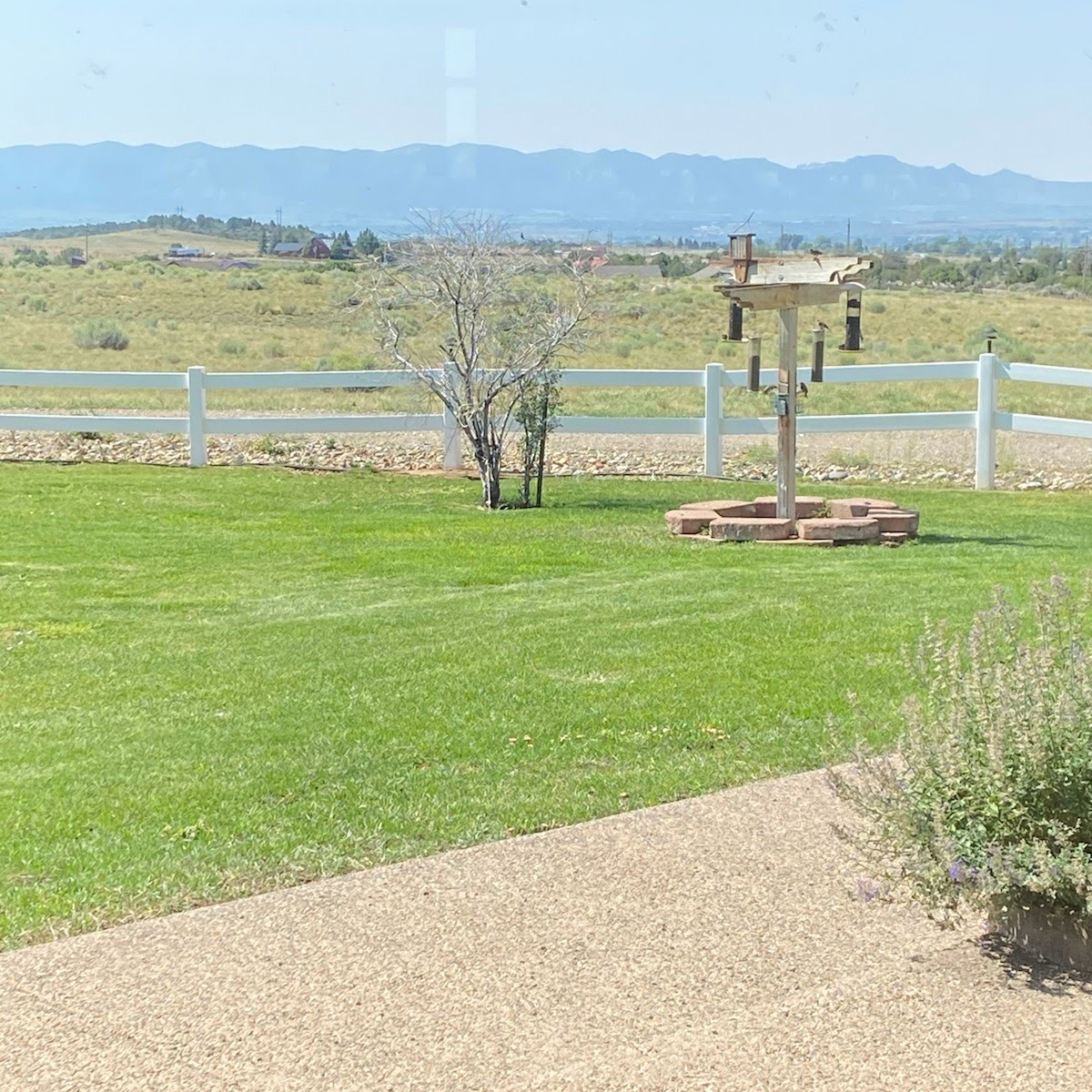Prarie Dog Removal & Control Services
Southwest Colorado Local Animal Control
Prairie Dog Facts!
Scientific name: Cynomys
Gunnison’s prairie dogs are found primarily in the Four Corners region of North America. They are part of the squirrel family of rodents and can live in communities of hundreds of individuals.
You can tell this species apart from other rodents by their yellow-toned coat, peppered with black hairs. Their head also tends to be distinctively darker than the rest of their body.
Another telling characteristic is the placement of their eyes. The prairie dog has wide peripheral vision due to the location of the eyes on the sides of their heads. This allows the animal to spot predators more quickly.
All prairie dogs are diurnal, which means they are most active in the early morning and late afternoon. When the temperature starts to cool, they become more active during the day. When it snows or rains, the prairie dogs will stay underground.
Gunnison’s prairie dog stays underground for long periods of time during winter. Their bodies rely on their stored body fat during hibernation. After hibernation, they become active again around March or April.
While prairie dogs are cute, they should never be handled. These animals carry potentially deadly diseases that can be easily transmitted – such as bubonic plague. Tragically, a death caused by plague occurred in La Plata County this year.
*Plague is frequently detected in certain rodent species: prairie dogs, rock squirrels, wood rats, ground squirrels, and chipmunks.
Southwest Colorado Residents: Get a Free Quote for Prairie Dog Removal and Control
Prairie Dog Diseases:
Burrowing Rodents | Activity, Threats, and Treatments
Spring is quickly approaching, which means burrowing rodents will soon be emerging from a winter spent underground.
What You Need to Know About Prairie Dogs & the Plague
Not all prairie dog colonies are infected with plague, but it is always important to take precautions when you or your pets are around rodent habitats. As you will find, rodents such as prairie dogs do not only make their homes in remote, rural locations.
Prairie Dog Removal
Prairie dogs can be a nuisance to any homeowner. Their tunneling can tear up gardens and cause damage to the foundation of a structure. They are notorious for digging, gnawing, and chewing. The presence of prairie dogs can also attract unwanted predators to your home.
San Juan Wildlife Services strives to take care of your rodent issues in a way that is humane and effective. Though Southwest Colorado and Northern New Mexico use a variety of removal techniques, our team has determined that the PERC method is the most successful while also aligning with our values.
Using Pressurized Exhaust Rodent Control ( PERC) for prairie dog removal is both safe and humane, while effectively eliminating the problem. There is no poison left behind, no blasting, digging, or trapping. This method is also completely safe to use around pets and livestock.
PERC is a state-of-the-art solution that targets burrowing rodents without compromising crops and vegetation or endangering other wildlife. The process involves injecting carbon monoxide into the tunnel system with great accuracy. Then, the gas will spread throughout the tunnel, putting the rodents to sleep. This is safe, humane, and highly effective if it is done under extreme pressure.
Contact us today if you have any questions or need immediate removal.

Equipment for servicing gopher and prairie dog holes.
We provide animal control and removal services in the following areas:
Colorado: Allison, Arboles, Bayfield, Cahone, Cortez, Dolores, Dove Creek Durango, Fort Lewis, Gem Village, Hermosa, Hesperus, Ignacio, Mancos, Marvel, Mesa Verde, Pagosa Springs, Pleasant View, Rico, Silverton, Towaoc, Vallecito, Yellow Jacket
New Mexico: San Juan County, Mickenley County, Sandoval County, Cibola County, Bernalillo County, Valencia County, Socorro County, Sierra County, Catron County, Rio Arriba County
Arizona: Apache County, Navajo County
Utah: San Juan County, Grand County
Before and After


Also, feel free to ask us about our proprietary deterrent methods!
